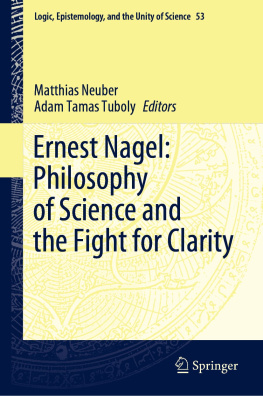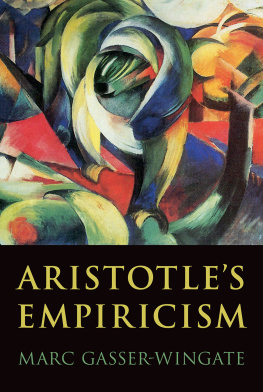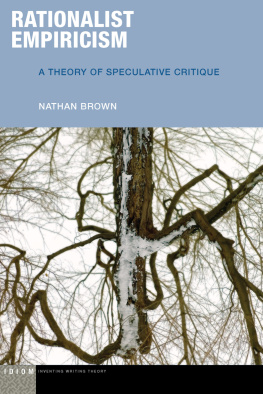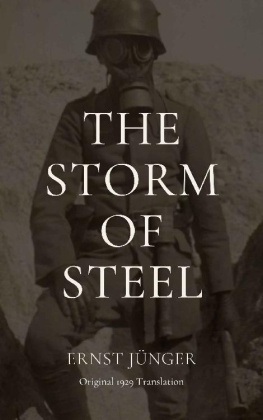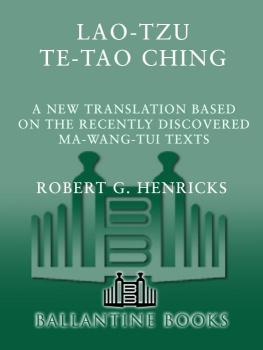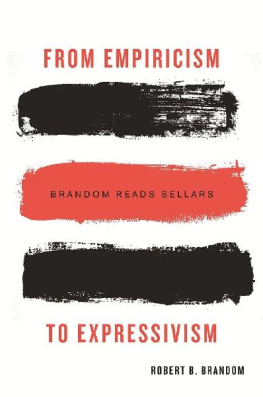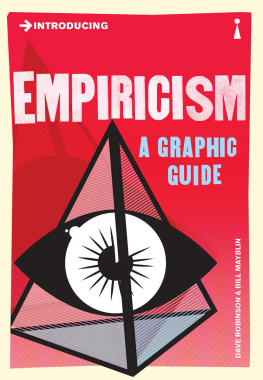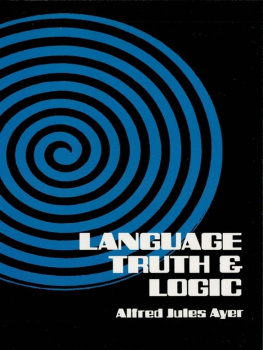Human Knowledge


Steve Awodey, Editor
EDITORIAL BOARD
John Norton
University of Pittsburgh
Richard Creath
Arizona State University
Michael Friedman
Stanford University
James Lennox
University of Pittsburgh
Wilfried Sieg
Carnegie Mellon University
Mark Wilson
University of Pittsburgh
John Earman
University of Pittsburgh
Gottfried Gabriel
University of Jena
Dana Scott
Carnegie Mellon University
Gereon Wolters
University of Constance

VOLUME 1.
Freges Lectures on Logic: Carnaps Student Notes, 19101914, edited by Erich H. Reck and Steve Awodey
VOLUME 2.
Carnap Brought Home: The View from Jena, edited by Steve Awodey and Carsten Klein
VOLUME 3.
The Concept of Probability in the Mathematical Representation of Reality, by Hans Reichenbach, translated and edited by Frederick Eberhardt and Clark Glymour
VOLUME 4.
Empiricism at the Crossroads: The Vienna Circles Protocol-Sentence Debate, by Thomas Uebel
VOLUME 5.
Carnap, Tarski, and Quine at Harvard: Conversations on Logic, Mathematics, and Science, by Greg Frost-Arnold
VOLUME 6.
Human Knowledge: A Classic Statement of Logical Empiricism, by Eino Kaila, translated by Anssi Korhonen, edited by Juha Manninen, Ilkka Niiniluoto, and George A. Reisch


To order books from Open Court, call toll-free 1-800-815-2280, or visit our website at www.opencourtbooks.com.
Open Court Publishing Company is a division of ePals Corporation.
Copyright 2014 Carus Publishing Company, dba ePals Media
First printing 2014
All rights reserved. No part of this publication may be reproduced, stored in a retrieval system, or transmitted, in any form or by any means, electronic, mechanical, photocopying, recording, or otherwise, without the prior written permission of the publisher, Open Court Publishing Company, a division of Carus Publishing Company, dba ePals Media, 70 East Lake Street, Suite 800, Chicago, IL 60601.
Designed by John Grandits.
Library of Congress Cataloging-in-Publication Data
Kaila, Eino, 1890-1958.
[Inhimillinen tieto. English]
Human knowledge : a classic statement of logical empiricism / Eino Kaila ; translated by Anssi Korhonen ; edited by Juha Manninen, Ilkka Niiniluoto and George A. Reisch.
pages cm. -- (Publications of the Archive of Scientific Philosophy, Hillman Library, University Of Pittsburgh ; Volume 6)
Includes bibliographical references and index.
ISBN 978-0-8126-9851-0 (epub) 1. Logical positivism. I. Manninen, Juha, editor of compilation. II. Title.
B824.6.K3513 2014
121--dc23
2014003105
Contents


by Juha Manninen and Ilkka Niiniluoto
Eino Kaila (18901958) was Professor of Theoretical Philosophy at the University of Helsinki. In 1939 he published the book Inhimillinen tieto: Mit se on ja mit se ei ole (Human Knowledge: What It Is and What It Is Not).evidently better than von Wrights own exposition, Den logiska empirismen of 1943.
Kailas old friend Rudolf Carnap (18911970) read the book in Swedish, but not without some difficulty. Shortly after he read it, Finland was attacked by the Soviet Union in the wake of the Molotov-Ribbentrop pact between Stalin and Hitler. Carnap wrote to Kaila from Chicago that January of 1940:
From the moment Finland was dragged into the tragic events in Europe, I have thought of you very much. We follow the events with vivid concern here. The newspapers report the details daily and not only we Europeans but all Americans are united in sympathy for your country. When you wrote your letter of 12 November, you were still in peaceful Helsinki and now I do not know where you are meanwhile. [...] When I read the newspaper reports and see pictures of Helsinki in ruins, vivid memories reawaken of the time when I was in your beautiful city, in Wiborg, in Sortavala, on the island of Valamo, at Imatra, and other places in Finland and grew fond of your beautiful country. [...] I urgently hope and wish from my heart that in the not distant future a peace is made which secures Finlands independence.
Finland was able to preserve her independence and democracy without ever being occupied by any of the national forces that rushed into warbut not without losing territory to its enormous neighbor to the east, including some of the areas mentioned by Carnap as he recalled his travels (one of which, Terijoki, was a popular holiday resort near St. Petersburg, where Carnap went in the early 1920s in connection with a conference dedicated to Esperanto). Most of Carnaps comments, however, concerned Kailas book and some critical observations about it. Responding to a letter from Kaila (now lost), Carnap wrote:
Thank you very much for sending me the book. [...] I found it here when I came back to Chicago at the end of December. We were in Florida for a few months, where I found a quiet place to work on semantics. Since reading Swedish costs me much time and effort, I have not read your book completely. I have gone through the main sections and read closely the section that you pointed out to me. My impression is that the book is very suitable as an introduction to the conceptions of empiricism, and I would be very pleased were it to appear in English. I especially welcome the fact that you pay attention to the historical connections. For many readers this will be very welcome, since in our existing publications the historical connections are mostly ignored. How things stand on the question of publication from the business viewpoint of a publishing house, particularly under the current difficult circumstances, I cant say at the moment. Under normal circumstances I would think that the book would be well suited for our Library of Unified Science, published in Holland. I will write to Neurath that he should speak with the publisher about this question. You write that in this case you would like to revise the work. Can you quickly estimate whether you should find the time in the near future, in case the publisher will bring out the book, and how long you would need? Perhaps you could write Neurath directly about this question or send him a carbon-copy of your letters to me, so that not too much time is lost.
Next page

